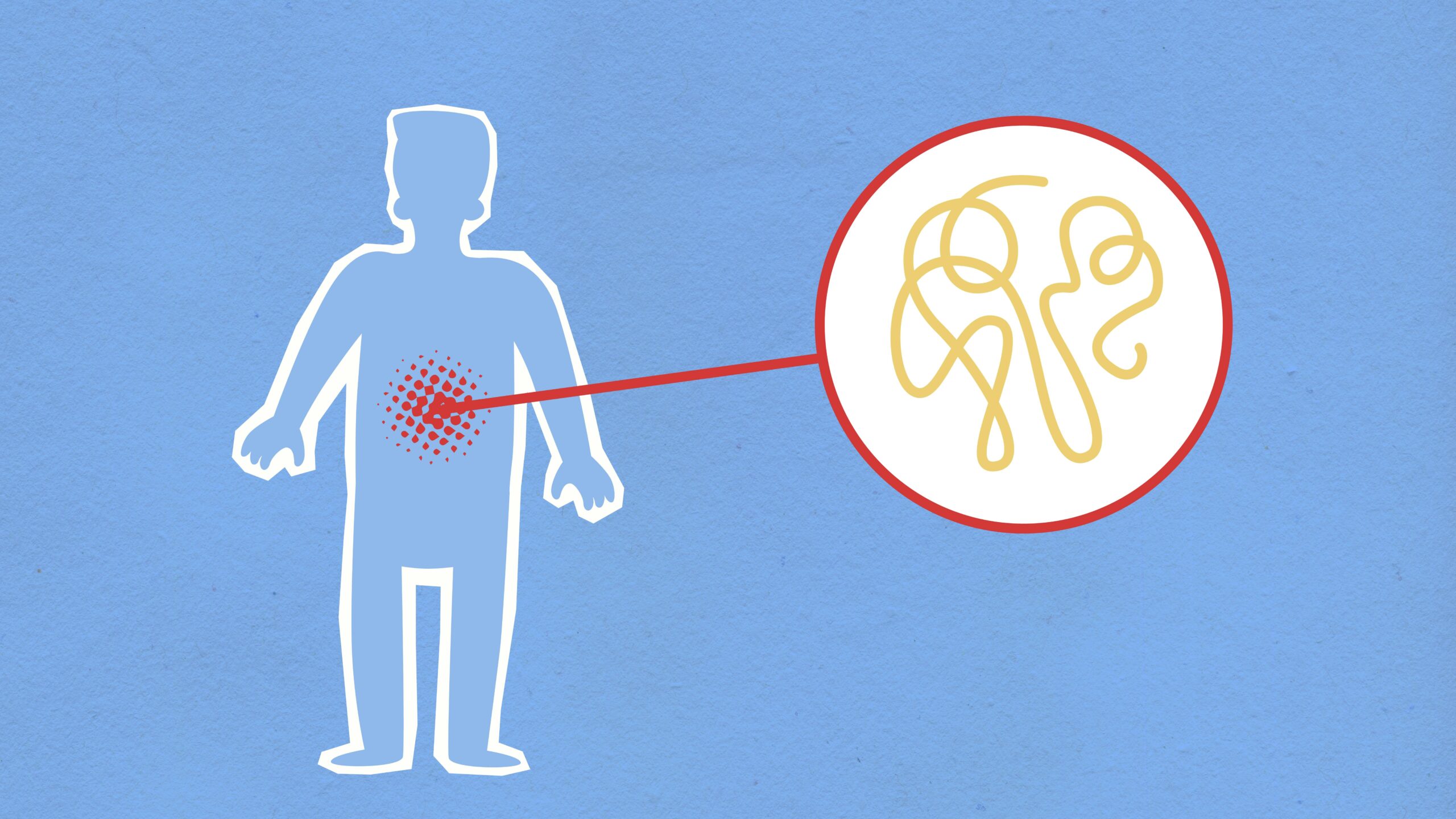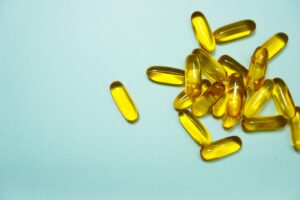Table of Contents
Introduction
The term “Leaky Liver” is gaining attention, and understanding this condition is vital for anyone looking to maintain overall wellness. But what exactly is a Leaky Liver, and why should you care? This article will delve into what a Leaky Liver is, its impact on your health, and the essential steps to maintain liver health in 2024.

What is a Leaky Liver?
“Leaky Liver” is not a formal medical diagnosis but rather a term used to describe a liver compromised in its ability to filter toxins from the blood effectively. When the liver’s protective barrier becomes permeable, harmful substances can “leak” into the bloodstream, leading to various health issues.
Causes of Leaky Liver
A fatty liver, also known as hepatic steatosis, develops when excess fat accumulates in the liver. Several factors contribute to this condition. One of the primary causes is a poor diet, especially one high in saturated fats and sugars, which can lead to fat buildup primarily in the liver. This is particularly true for individuals who are overweight or obese, as excess body fat often results in fat being stored in the liver.
Alcohol consumption is another significant factor. Excessive drinking can lead to alcoholic fatty liver disease (AFLD), where the liver becomes overwhelmed by alcohol metabolism, producing toxic substances that damage liver cells and promote fat accumulation.
Insulin resistance and type 2 diabetes play crucial roles in fatty liver. When the body’s cells become resistant to insulin, more insulin is produced, which can result in fat being stored. This is why individuals with type 2 diabetes are at a higher risk of developing fatty liver, as their bodies struggle with insulin regulation.
Metabolic syndrome, a cluster of conditions that includes high blood pressure, high blood sugar, excess body fat around the waist, and abnormal cholesterol levels, increases the risk of fatty liver. In addition, rapid weight loss, such as from crash diets or bariatric surgery, can paradoxically cause fat to be released from other parts of the body and deposited in the liver.
Certain medications can also contribute to this issue of hepatic steatosis as a side effect. Drugs like corticosteroids, tamoxifen, and some antiretroviral used for HIV treatment are known to increase the risk.
In some cases, malnutrition, including protein deficiencies particularly; in regions where malnutrition is common. Pregnancy can also be a factor, with a rare condition known as acute fatty liver of pregnancy posing serious risks to both the mother and baby.
Fatty liver can often be reversed with lifestyle changes, such as improving diet, increasing physical activity, and reducing alcohol consumption. However, if left untreated, it can progress to more severe liver conditions like non-alcoholic steatohepatitis (NASH) and cirrhosis.

The Impact of Leaky Liver on Overall Health
A leaky liver can have far-reaching effects on your health. When toxins are not adequately filtered, they can circulate through your body, potentially leading to or worsening conditions such as autoimmune diseases, metabolic disorders, and chronic inflammation. Left unchecked, a leaky liver can contribute to more severe liver conditions, including non-alcoholic fatty liver disease (NAFLD) and cirrhosis.
Essential Tips for Maintaining Liver Health in 2024
Maintaining liver health is key to preventing a leaky liver. Here are some essential tips to keep your liver functioning optimally:

Avoid Harmful Substances
Staying hydrated and engaging in regular exercise, can help reduce fat buildup in the liver while maintaining a healthy weight can prevent fatty liver disease. It’s also advisable to avoid exposure to toxins from chemicals and certain medications and to limit sugar and processed food intake, which can contribute to fat accumulation in the liver.
Some studies suggest that drinking coffee in moderation may protect the liver, and supplements like milk thistle, turmeric, and vitamin E may offer additional support. Regular medical check-ups are essential for monitoring liver function and catching any issues early.
Adequate sleep is essential for liver health, as the liver performs many of its detoxification processes during rest. Aim for 7-9 hours of sleep per night.
Eat a Liver-Friendly Diet
To support liver health, it’s important to adapt, limiting alcohol intake is crucial, as excessive consumption is a leading cause of liver damage.
Incorporating certain foods into your diet can significantly support liver health. Leafy greens like spinach, kale, and arugula are particularly beneficial as they help detoxify the liver. Turmeric, rich in curcumin, offers powerful anti-inflammatory properties that protect the liver. Additionally, garlic is effective in activating, liver enzymes that aid in flushing out toxins, further promoting liver health.
Consider Liver-Supporting Supplements: Check up on these herbs!

Practice Safe Detoxification: Detoxifying the liver doesn’t require extreme measures:
Herbal Teas: Herbal teas with dandelion or ginger can support liver function.
Castor oil packs: a natural remedy that involves soaking a cloth in castor oil and placing it on the skin, typically over the abdomen. It’s often used to promote detoxification, improve circulation, and support liver and digestive health. The pack is usually covered with a heat source, such as a hot water bottle, to enhance absorption and effectiveness. Castor oil packs are popular in holistic health practices for their potential anti-inflammatory and healing properties.
Common Myths About Liver Health
Several myths about liver health need to be debunked:
“You Don’t Need to Worry About Liver Health Unless You Drink Alcohol.”
Fact: Even non-drinkers can develop liver issues due to poor diet, toxins, and other factors.
“Liver Detox Programs are the Best Way to Cleanse the Liver.“
Fact: The liver naturally detoxifies itself; extreme detox programs can do more harm than good.
“Liver Disease Only Affects Older Adults.“
Fact: Liver issues can develop at any age, especially with poor lifestyle choices.
Conclusion
In 2024, understanding and maintaining liver health is more important than ever. An issue with the liver can lead to serious health issues, but with the right diet, lifestyle choices, and awareness, you can protect your liver and overall well-being. Remember, your liver is a vital organ that deserves care and attention. Following these essential tips can help ensure it functions optimally for years. Be sure to keep your doctor updated with any new additions!




